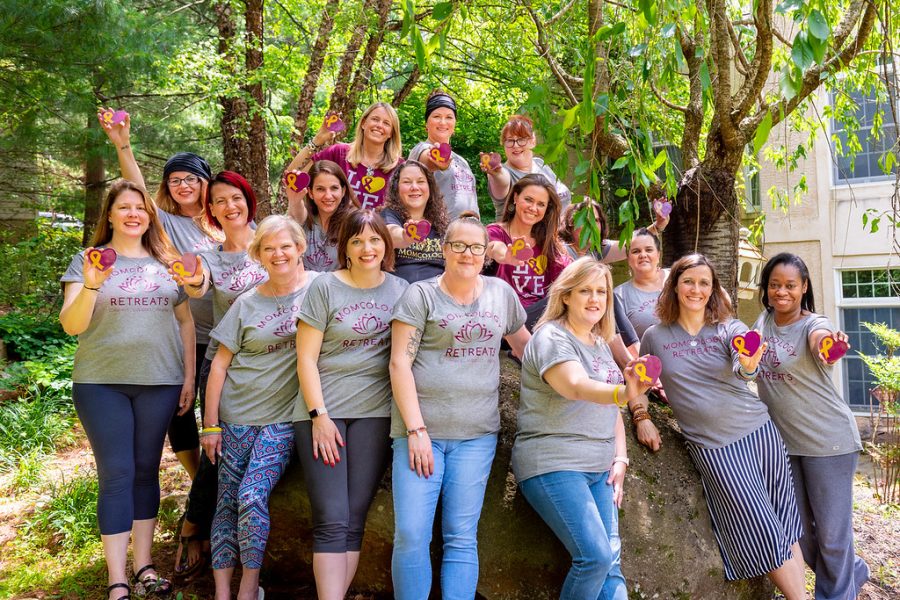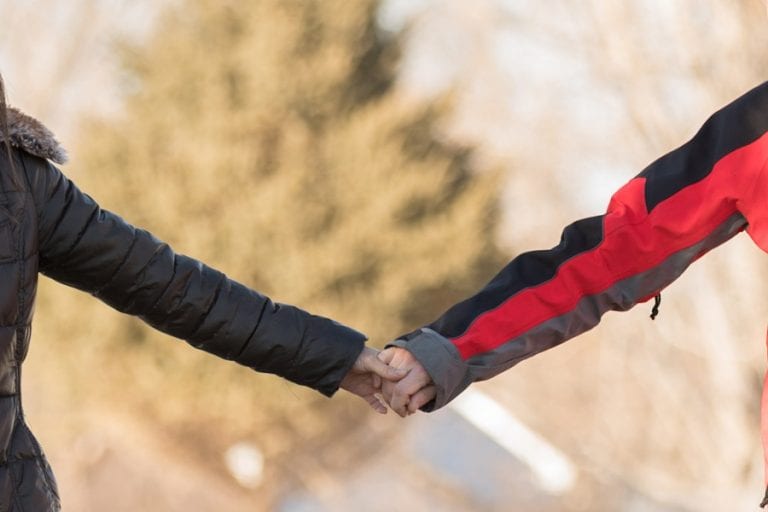Cancer support groups are meetings for people with cancer and anyone touched by the disease. Even though many cancer patients receive support from friends and family members throughout their journey, joining a cancer support group can be very beneficial. The number one reason people join is to be with others who have similar cancer experiences.
Types of Support Groups
Some support groups focus on all kinds of cancer, while others are tailored to a specific type. Support groups can be very beneficial for children or family members. These groups focus on family concerns such as role changes, relationship changes, financial worries and how to support the person with cancer. Some groups may include both cancer survivors and family members. While some groups meet in-person, there are other ways to connect as well.
- Online support groups are meetings that take place online. Participants meet through chat rooms, listservs, webinars, social media or moderated discussion groups. People often like online support groups because they can take part in them from anytime of the day or night. They work well for people who aren’t able to travel or who live in rural areas.
- Telephone support groups are where everyone dials in to a phone line that is linked together, similar to a conference call. They can share and talk to others with similar experiences as them with people from all over the country.
Where to Find a Support Group
Many hospitals, cancer centers, community groups, and schools offer cancer support groups. Here are some ways to find groups near you:
- Call your local hospital and ask about its cancer support programs.
- Ask your social worker to suggest groups.
- Talk to other patients who have tried support groups.
- Do an online search for groups.
Read our blog post: Tools in your self-care toolbox
Is a Support Group Right for Me?
Before joining a group, you may want to ask yourself if you are comfortable talking about personal issues. You also may want to consider what you want to get out of the groups and if they will benefit you in a positive way. A support group may not be right for everyone. If you are considering joining a group, here are some questions you may want to ask the group’s contact person:
- Who attends (survivors, family members, types of cancer, age range)?
- How long are the meetings?
- How often does the group meet?
- If I go, can I just sit and listen?
Read our blog post: Cancer parents’ advice to themselves
Momcology
Children’s Cancer Research Fund is proud to financially support Momcology, a nonprofit that connects and helps heal childhood cancer families through peer support. Momcology provides online support communities for parents and caregivers as well as national restorative weekend retreats.
“Cancer Support Groups" was originally published by the National Cancer Institute.



